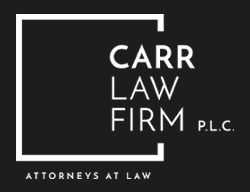Most people who work in health, government or even law enforcement will acknowledge that making drugs illegal has not stemmed the abuse of some of them. If anything, forcing people to purchase their drugs in an unregulated market creates even more risk for those individuals and the general public.
Opioids are popular pain relief medications that are potent and more cost-effective than traditional opiate medications. Synthetic opioid drugs can deliver powerful levels of pain relief to those with severe injuries and chronic pain conditions.
Sadly, opioid drugs are also easy for people to abuse. These potentially dangerous medications have been the focus of many awareness campaigns and legal changes in recent years. Crackdowns have targeted illicit dealers and even doctors who overprescribe. Is there truly an opioid abuse epidemic in the United States?
Opioid medications are hard for people to stop using
Narcotic painkillers are some of the most closely controlled prescription medications. The risk for an overdose is very real, as is the potential for people to become dependent. Doctors often try to limit how much they prescribe to people, but those unable to get their medication from their doctors may then turn to unregulated sources of medication.
Tens of thousands of people in every state across the country struggle with opioid addiction. Although many addicts hide their issues, making it impossible to know the true scope of opioid addiction, government agencies estimate that approximately 2 million people in the United States actively abuse opioids and around 90 people die every day due to an opioid overdose.
Those facing addiction could find themselves charged with a criminal offense if they get caught selling their medication, shopping for different doctors, buying medication from a street dealer or even driving while under the influence of pain relievers. Anyone accused of drug-related offenses could face very serious consequences if they do not defend themselves with the help of an attorney and address the addiction that led to their charges.

